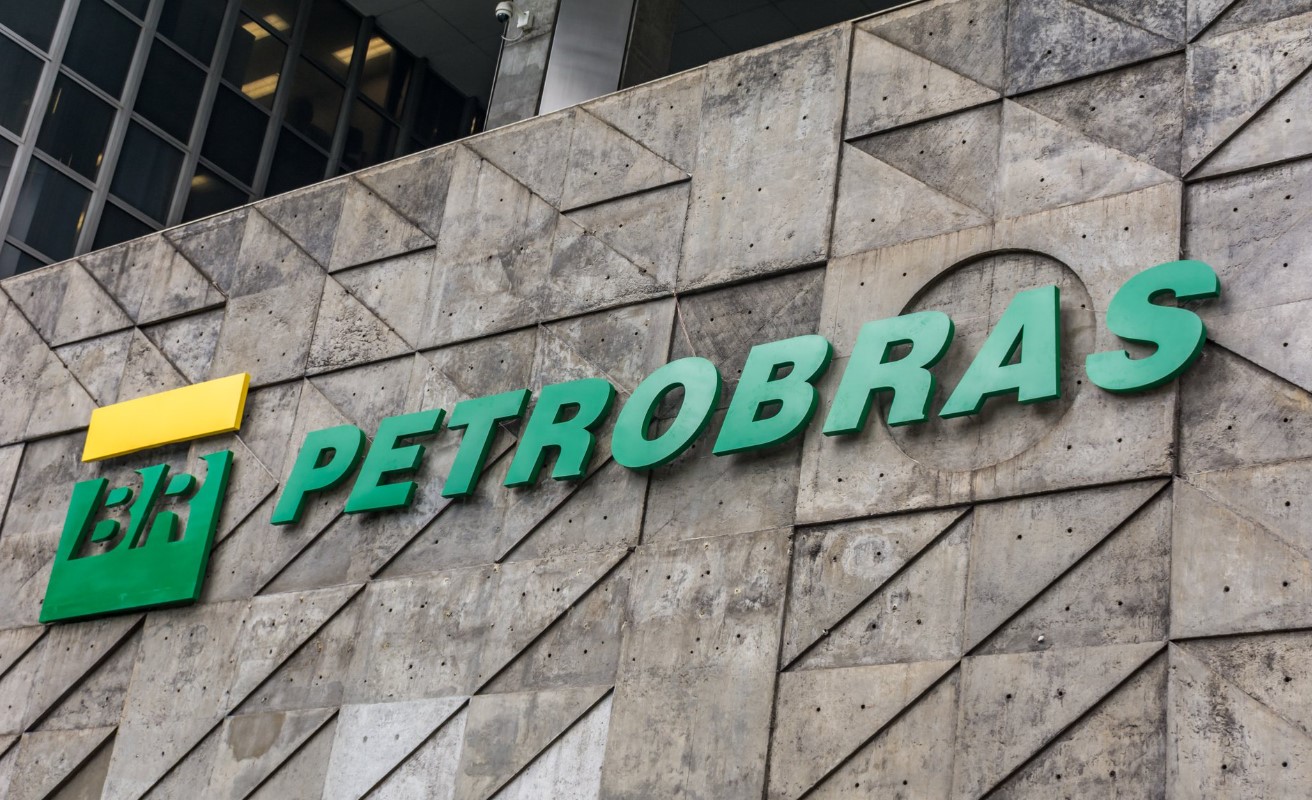Brazil’s state-owned energy firm Petrobras reported a 74 percent drop in its liquefied natural gas (LNG) imports in 2022 when compared to the year before.
Besides a dip in the volume of regasified LNG, Petrobras reported a 15 percent reduction in Bolivian gas imports in 2022.
In its 2022 financial report, the firm attributed the dip in LNG volumes and gas supplies from Bolivia to the “lower natural gas thermoelectric dispatch due to the favorable hydrological scenario.”
According to Petrobras, regasifed LNG volumes reached six million cubic meters per day in 2022, and only one million cubic meters per day in the fourth quarter.
This compares to record LNG imports of 23 million cubic meters per day in 2021, which rose about 200 percent when compared to the previous year.
During 2021, Brazil turned to LNG to fuel its power plants due to a severe drought that considerably affected hydroelectric power in the country.
Spot LNG prices were also considerably lower in 2021 when compared to 2022.
Better conditions in water reservoirs affected Petrobras’ needs to import LNG cargoes to Brazil, its natural gas chief Rodrigo Costa said during the company’s second-quarter earnings call last year.
Costa said at the time that Petrobras expected to take about 40 LNG cargoes in 2022, compared to 112 shipments in 2021.
Petrobras started importing LNG to Brazil via the Pecem FSRU-based terminal in 2009.
In December 2021, it leased the Bahia facility to Texas-based floating LNG player Excelerate Energy.

